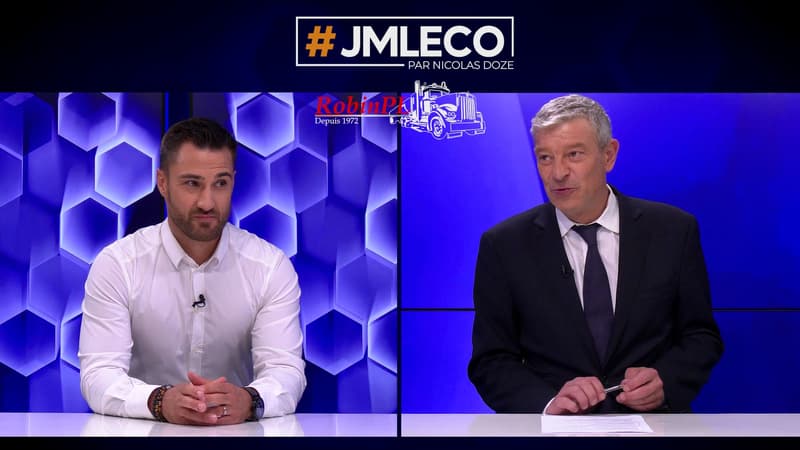What is the story of Robin PL?
The company Robin PL was created in 1972 by my parents, and quickly specialized in industrial bodywork. Having grown up around heavy vehicles, in 2007 I decided to pursue work-study training before taking the reins of the company. During this study period, we obtained qualified operator approval from UTAC in 2009. In 2011 I took over the company and since then we have developed collaborations with numerous French industrial references, in particular Dalby, Cif, Benalu, Bennes Marrel and Cabreta; and international: HMF Cappellotto and PM.
We have two locations: our headquarters in Jeanménil, in the Vosges, where we have 4,500 m2 of workshops, specializes in hydraulic, forestry and custom bodies, while the one in Nancy, inaugurated in 2018, focuses on the bodywork of light utility vehicles . We are currently finishing work on a 1500m2 building on this second site.
What services do you offer to meet your clients’ business constraints?
As a coachbuilder, we design and manufacture each body in our project office according to the needs of our clients, to adapt it to their use and problems.
We make all types of industrial bodies: hydraulic arm, crane, dump truck, etc. Specialists in forestry bodies, we body logging trucks, forestry plateaus or tonnages. We have patented DébusTruck, a solution for transporting forestry equipment on supports.
We offer reconditioning services to extend the useful life of equipment, spare parts and bodywork maintenance. We have also developed a network of service points to provide local solutions to our customers.
Does body design require adaptation to regulatory and technical developments?
Over the years, regulatory obligations have added equipment to vehicles, such as underride bars; bars for cyclists; or safety sensors for hydraulic folding sides. From now on, heavy vehicles will also have to be equipped with sensors on the sides and rear to detect the presence of a cyclist or pedestrian in blind spots. This equipment takes up space, so we must look for solutions to integrate it without leaving it too exposed, which would mean the risk of common breakage.
The market is moving towards electric vehicles, but also towards versatile ones?
Drivers are subject to the obligation to reduce their CO2 emissions and, to comply with this, the trend is increasingly leaning towards electric vehicles. Therefore, we must take into account new bodywork issues, such as the presence of batteries that take up a lot of space, but also train our teams in storage, safety and recharging measures for these vehicles.
From time to time, the market is slowing down a bit. Therefore, clients are looking to invest in versatile equipment that allows them to operate in various markets. A customer accustomed to garbage containers may consider, for example, the question of having a hydraulic arm that allows different containers to be placed on it. Thus, by changing your work habits, but with a single truck, you will have the possibility of having several different uses.
This content was produced in partnership with SCRIBEO. The BFM Business editorial team was not involved in the production of this content.
Source: BFM TV


